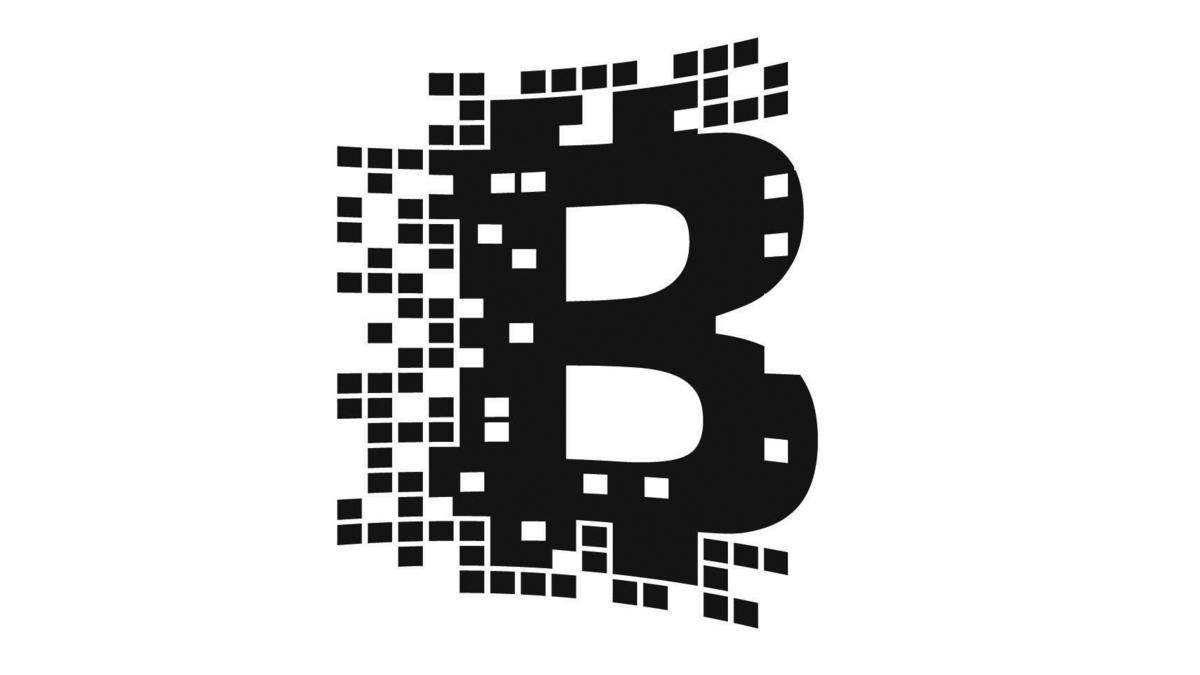Sectors & markets
The case for Blockchain

The latest DT&I Forum heard about the impact of blockchain technologies on businesses
The latest Digital Transformation and Innovation Forum welcomed guest speakers Sohail Raja, Head of Execution Platforms, Société Générale CIB, and Joseph Wreford, Strategy Consultant, Accenture. The session was co-chaired by Christophe Chazot, Group Head of Innovation, HSBC, and Lucien Boyer, Chief Marketing Officer, Vivendi.
Blockchain primer
Sohail Raja, Head of Execution Platforms at Société Générale, provided an introduction to blockchain technology. Put simply, blockchain allows the secure transfer and recording of transactions. Crucially, the technology does not rely on intermediaries or third parties, as traditional financial transactions do – instead, transactions are confirmed by network consensus.
The benefits of blockchain include increased efficiencies in financial transactions. As transactions are encrypted, they are secure and private – their immutability ensures that a permanent record is kept intact and unchanged. Many watchers of the technology also see immense potential in the scalability and stability of the network, as it is distributed and not centralised.
Currently there are two models:
1. A public (permission-less) blockchain, which is an open network that anybody can access, like the bitcoin model. The digital ledger of transactions is shared, transparent and run by all participants; and
2. A private (permissioned) blockchain, which is a closed system checking all details and controlling access via invitation. The private model is the preferred option of most banks.
Market evolution
The rise of blockchain technology comes at a time when European regulators are introducing new reforms in the financial markets. MiFID II is an extensive piece of legislation, which updates the Markets in Financial Instruments Directive, with the aim to offer greater protection for investors and inject more transparency into all asset classes, including equities and foreign exchange.
This follows the broad trend in many asset classes of ‘electronification’, as they move their activities into digital and networked environments.
Another change affecting the financial sector is Open Banking. This new banking model allows for third parties to develop products and services through APIs (or application programme interface) and other FinTech services. Banks anticipate benefits such as improved service, security and compliance as a result of APIs.
Banking and blockchain
Blockchain uptake in the financial sector has been incremental, but building in momentum. 2016 saw the first advances toward blockchain adoption across capital markets, including the NASDAQ and Australian Securities Exchange. Some large corporates, like J.P. Morgan and Goldman Sachs, have invested in start ups in the area.
The Hong Kong Monetary Authority has developed a blockchian proof-of-concept for trade finance in partnership with industry, while the London Stock Exchange Group is testing blockchains for private share companies.
Continued uptake will involve overcoming challenges such as establishing governance and regulation, while maintain scalability, security and simplicity, among other issues including countering public perceptions.
Digital Transformation Through Blockchain
Joe Wreford, Strategy Consultant at Accenture, presented a cross-industry graph showing areas of advanced blockchain adoption, like payments, direct ecommerce and cross border money transfers, and areas where development is focused, like public services (census data, refugee tracking, e-voting, etc.), customer data, fixed asset management and utilities.
Blockchain technology offers great potential in many areas, including financial markets. Wreford’s company makes a business case for the development and testing of blockchain solutions in a variety of business and public contexts. In some instances blockchain can offer greater security to supply chains, with companies migrating aspects of the business into a digital space.
« Blockchain uptake in the financial sector has been incremental, but building in momentum »
These include smart contracts and purchasing orders, and smart trading platforms offering easy access, anonymity, real time trades, and encrypted security. The result can be the establishment of trust in business dealings in unprecedented ways.
This article was originally published in INFO magazine, March/April 2018
Link to download the attached PDF doc

Find out more
Lorem ipsum dolor sit amet, consectetur adipiscing elit, sed do eiusmod tempor incididunt ut labore et dolore magna aliqua. Ut enim ad minim veniam, quis nostrud exercitation ullamco laboris nisi ut aliquip ex ea commodo consequat
Download